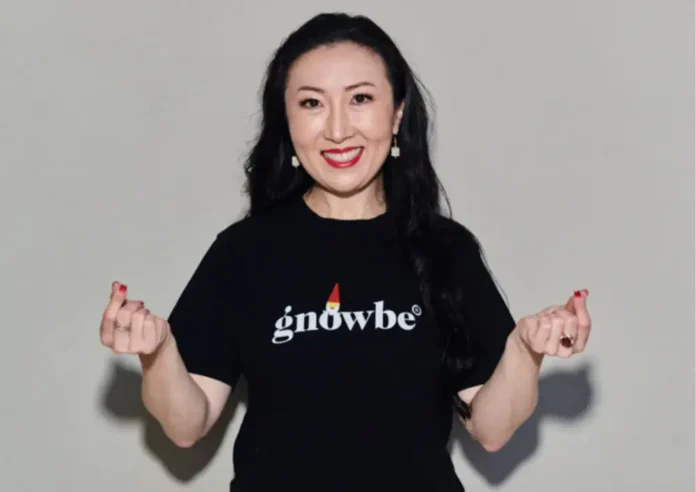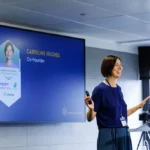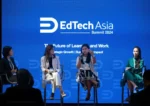In a rapidly changing digital landscape, educators and business leaders alike face a critical challenge: staying relevant while delivering impactful learning. Personalizing content and developing engaging, adaptive learning materials is a tall order—especially with limited time and resources. But with the emergence of AI tools like Gnowbe, created by visionary So-Young Kang, a new path…
© NewInAsia.com 2025








